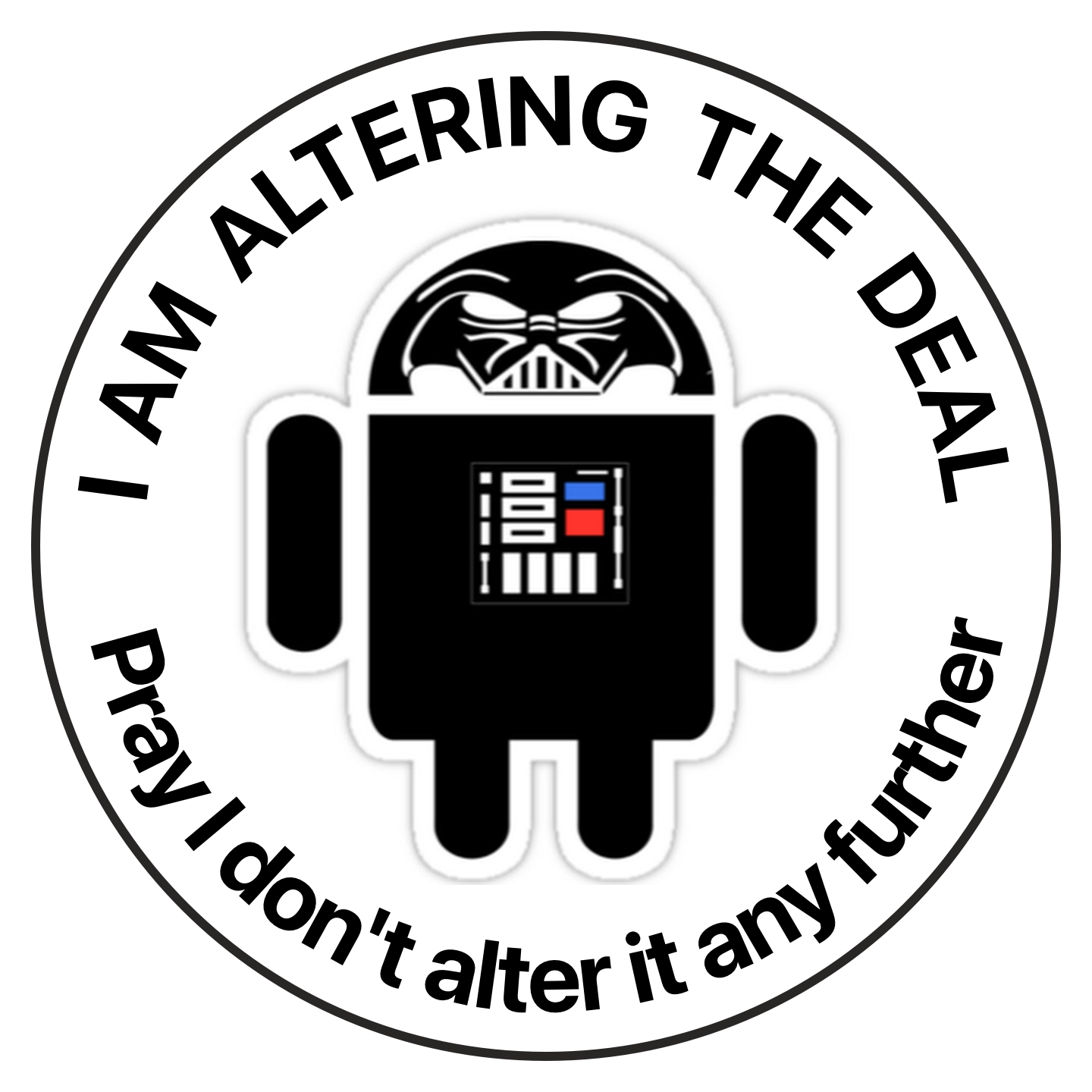Keep Android Open
In August 2025, Google announced that starting next year, it will no longer be possible to develop apps for the Android platform without first registering centrally with Google.
This registration will involve:
- Paying a fee to Google
- Agreeing to Google’s Terms and Conditions
- Providing government identification
- Uploading evidence of an app’s private signing key
- Listing all current and future application identifiers
Sign the open letter. And get active to help oppose the enactment of the policy in other ways listed on the website. Are there any more ways to oppose this?



The big problem with this is that I don’t like android.
It works relatively well, it’s support is ok, it’s probably better than apple because their garden walls are higher. But it’s not at all the operating system I would like to have. It’s already too restrictive, I have not seen/found good app building docs that make it actually easy and convenient to create “apps” and that massively rubs me the wrong way.
With that move, google is enshittfying android, but that doesn’t mean we have to resist the enshittification and keep android, we can also let them do it and move to something else. In theory, anyway.
So I’d like to see more calls for different OS, forks or stuff like
https://www.fsf.org/news/librephone-project
I agree; the best option is to ditch Android … those who can do it. Some Banking apps, public transport ticket apps, and post/mail-delivery apps seem to be a hard requirement for people in real live though. Which leads to the question: But what about people who can not ditch their phones and can not afford multiple devices (this decade)? Maybe laws that introduce a hard requirement that everything should work through a (open source) web-browser can help, but then what about “offline” use cases?
It feels like we are building our own digital prison in real time.